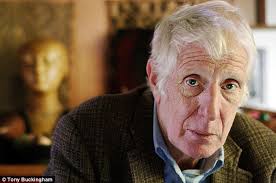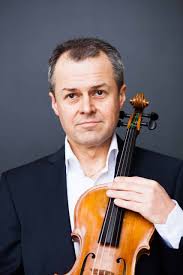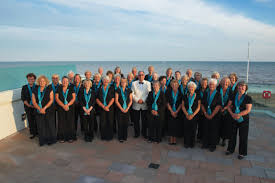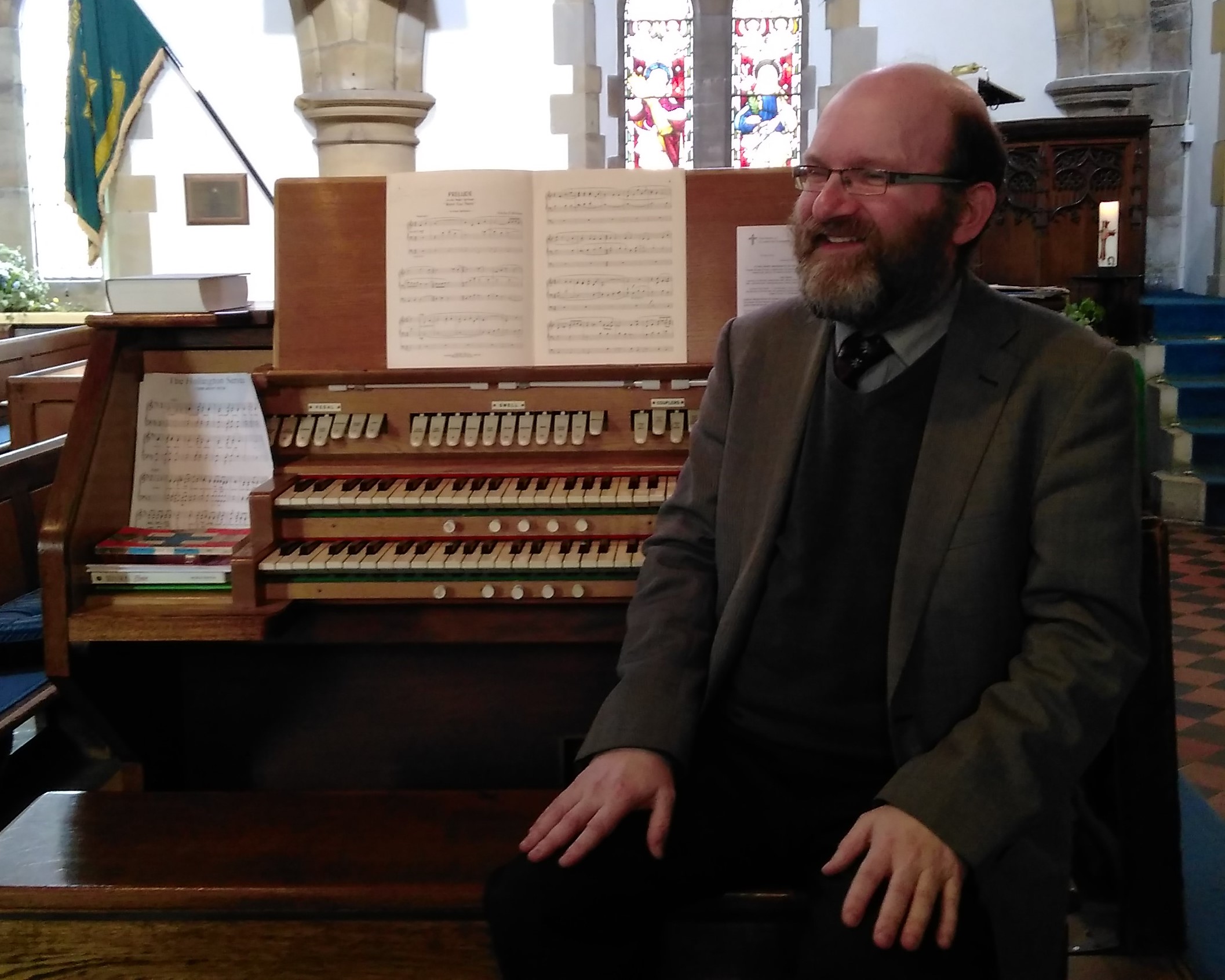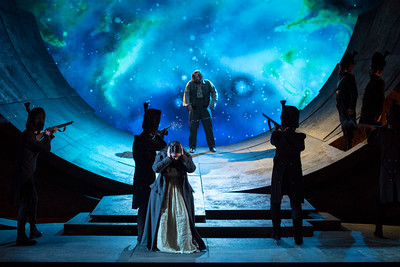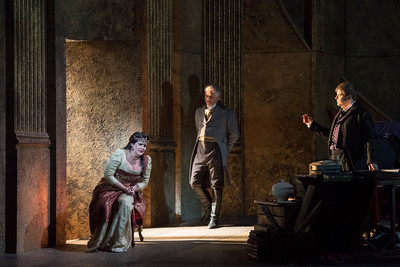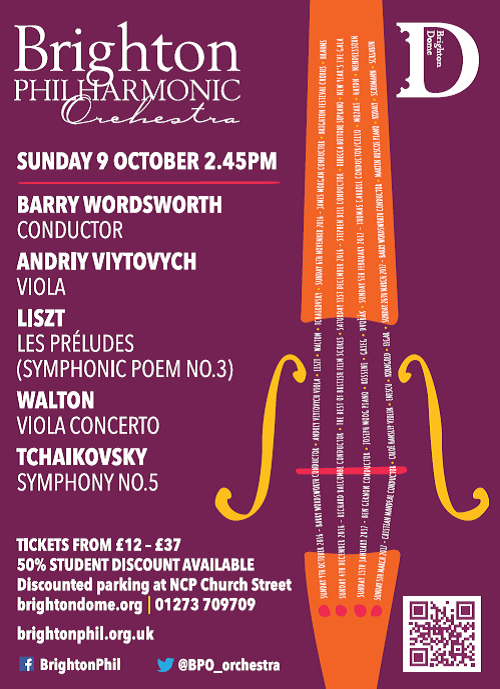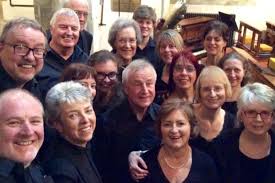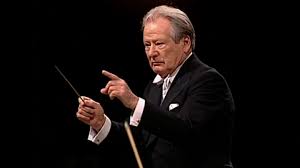Wednesday 16 November at 7.00pm at the London Coliseum
Over the last four decades Jonathan Miller’s much-loved productions have been at the heart of ENO’s work. From his insightful The Marriage of Figaro in 1978 to his charming and witty The Elixir of Love in 2010, Jonathan has provided the company with fifteen productions, many of them now staples of our repertoire. Only last season his classic productions ofThe Barber of Seville and The Mikado returned to our stage. In 2015 The Mikado celebrated its 200th show, with over 20,000 people attending this run of performances. In February 2017 his legendary ‘Mafia’ production of Rigoletto will be seen once again at the London Coliseum.
For one night only ENO celebrates this great director’s phenomenal contribution to the Company. Some of the UK’s best loved opera singers will come together to perform excerpts from many of his productions including The Mikado, Rigoletto,The Barber of Seville, The Elixir of Love, The Marriage of Figaro, La traviata, Tosca and Carmen. The evening also offers a rare chance to enjoy a series of filmed interviews with the man himself.
The all British cast features representatives from some of the productions first performances through to the latest generation of artists to have benefitted from Miller’s experience. Performances include Bonaventura Bottone performing ‘Wand’ring Minstrel’ (The Mikado), Alan Opie with Germont’s aria ‘The sea and soil of Provence’ ( La traviata), Andrew Shore with ‘To a doctor of my class’ (The Barber of Seville) and Richard Suart with his infamous ‘Little List’ (The Mikado). They are joined by a host of ENO favourites including Peter Auty, Susan Bullock, Graeme Danby, Jean Rigby, Mark Richardson, Sarah Tynan and Roland Wood alongside ENO’s award-winning chorus and orchestra conducted by Peter Robinson and Martin Fitzpatrick.
For almost 40 years audiences at the London Coliseum have been thrilled and delighted, moved and entertained by more than 1,000 performances of Jonathan’s work. This special evening offers an opportunity to relive many of those wonderful moments whilst fundraising for ENO’s world-class work.

